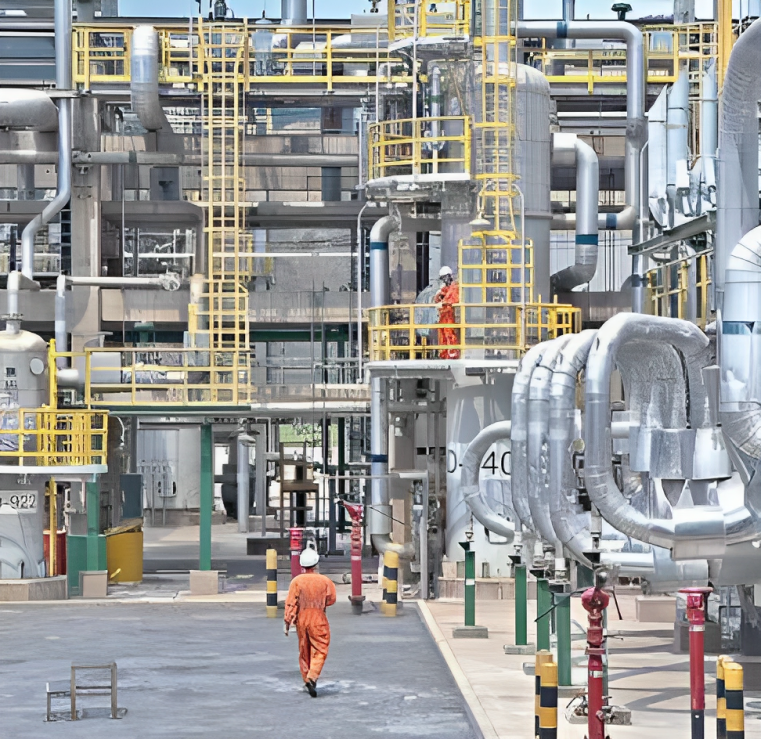KEY POINTS
- The Nigerian government aims to make the country the primary trading hub for refined petroleum products across West Africa.
- Minister Lokpobiri credited subsidy removal and ongoing policy reforms for driving investment and market expansion.
- Nigeria is calling on local and international investors to support its refining sector to meet regional demand and reduce reliance on external imports.
The Federal Government of Nigeria has reiterated its strategic ambition to position the country as the dominant hub for refined petroleum products across West Africa. This was disclosed by the Minister of State for Petroleum Resources (Oil), Senator Heineken Lokpobiri, during his keynote speech at the West African Refined Fuel Market Conference held in Abuja.
The conference, organized by the Nigerian Midstream and Downstream Petroleum Regulatory Authority (NMDPRA), was themed “Creating a West African Reference Market for Oil & Gas Products.” It brought together industry leaders, regulators, and investors to explore new pathways for regional collaboration and market integration.
Lokpobiri emphasized that the Federal Government is focused on expanding Nigeria’s role not only as a producer but as a central trading hub for refined fuel products. “Our ambition is to ensure Nigeria becomes the center of refined product marketing in West Africa,” he said in a statement issued by his Special Adviser on Media and Communication, Nneamaka Okafor.
Lokpobiri further stated that the administration is offering consistent support to refiners and marketers by promoting a favorable business environment. “That is why we are giving continuous support to our refiners and stakeholders to stimulate growth and create a world-class trading ecosystem,” he added.
Government hails subsidy removal
The Minister praised President Bola Ahmed Tinubu’s bold decision to remove petroleum subsidies, calling it a necessary reform that has begun to unlock growth in the downstream sector. “The removal of petroleum subsidy is already triggering expansion in the market and encouraging private sector investment,” Lokpobiri noted.
According to him, this policy shift is already attracting new players and expanding opportunities for indigenous operators. “We are witnessing considerable growth across the value chain, and this is no coincidence. It is the result of deliberate policy interventions,” he added.
Lokpobiri commended Nigerian refiners, particularly modular refinery operators, for their resilience in navigating past regulatory and infrastructural challenges. He called on both domestic and international investors to consider the emerging opportunities in Nigeria’s refining landscape. “By expanding our refining capacity, we won’t just meet domestic demand, we will service the entire West African market and beyond,” he concluded.
Nigeria’s push for regional dominance in refined fuel distribution comes at a time when several West African nations still rely heavily on imports, often from Europe and Asia, despite being oil-producing countries. The government’s long-term strategy, according to policy analysts, is to transform Nigeria into a net exporter of refined products, leveraging new investments and the anticipated ramp-up of facilities like the Dangote Refinery.
Industry stakeholders at the event emphasized the importance of harmonized regulations across West African countries, regional infrastructure development, and cross-border investment incentives as key enablers of a unified refined fuel market.
Despite historical challenges such as pipeline vandalism, fuel smuggling, and refinery underperformance, officials remain optimistic that the reforms under the Petroleum Industry Act (PIA) and growing private-sector interest can help reposition Nigeria as a fuel export powerhouse in the subregion.



